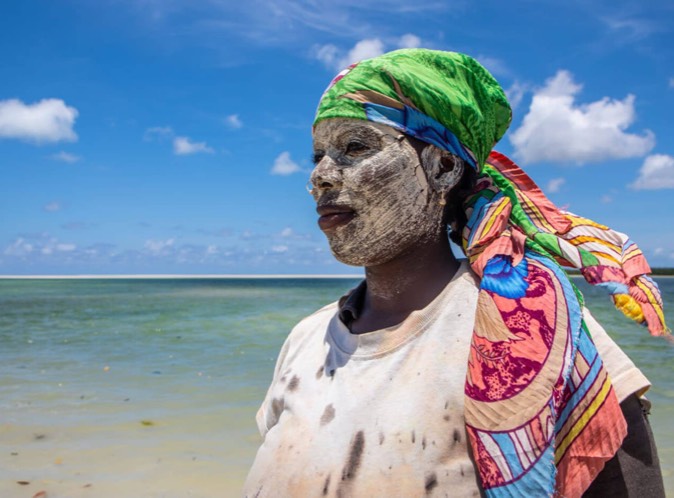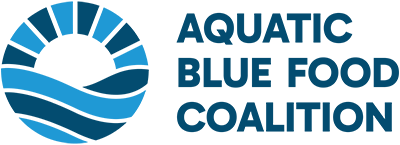Women and food security
Women play a central role in aquatic food production, processing and marketing. They also combine income-generating work with unpaid household responsibilities, such as ensuring food security, nutrition and well-being for their families and communities.
Despite these huge contributions, many female fishers, fish farmers and fishworkers remain socially and economically excluded, facing systemic hurdles to accessing essential productive resources and services.
What we are doing

Greater access to technologies and finance, diversification of livelihoods and increased participation in leadership roles can help build women’s resilience to climate change and disaster impacts.
The Coastal Communities Initiative is scaling gender-inclusive solutions across six regional seascapes by strengthening women’s participation in fishworker organizations and decision-making processes at various levels. We want to ensure women’s voices, their needs, and their individual and collective agency are reflected in decision-making.
To accelerate the replication and adaptation of successful field-tested, gender-inclusive solutions, we promote the use of mapping tools and stakeholder engagement. Connecting fisherwomen and fishworkers to local and regional learning hubs and networks empowers them to take up the best solutions and share their collective experiences to drive community resilience in the face of climate change.
Watch: Find out more about how women’s financial empowerment can benefit coastal conservation.
Play video
